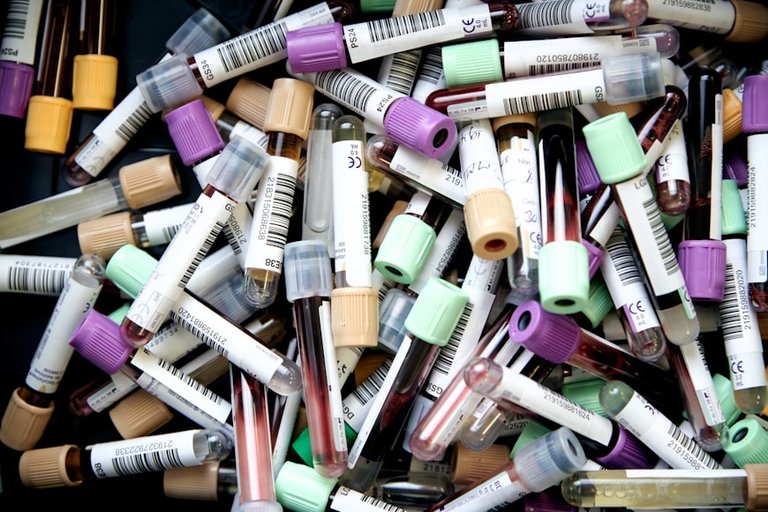Groundbreaking Blood Group Discovery Highlights Scientific Persistence
Until now, scientists have just identified a new blood group system, thereby solving a mystery that had enthralled researchers since the 1970s. This 47th identified blood group system provides insight into rare blood antigens in cases of genetic variation, a cool thing considering it may be very esoteric to many. But I really feel this breakthrough carries a host of important ramifications for medical sciences and patient care.

First and foremost, it is important to note that this research team has shown persistence and dedication. Louise Tilley and Nicole Thornton of NHS Blood and Transplant have been leading this team in a 19-year journey of unscrambling this genetic puzzle.
It is a long and painstaking process, generally as scientific inquiry usually can be. Though we are often misled by the "overnight success" stories of scientific breakthroughs, this story reminds us that big discoveries often take decades-long meticulous work and unyielding commitment.
What impresses me most in this discovery is its possible positive effect on the treatment of the patients. It may save the lives of those few people with AnWj-negative blood. Without proper identification, the patients risk extreme and potentially fatal transfusion reactions. The genetic basis pinpointed for this blood type enables medical practitioners to keep a better watch on these rare cases and provide accommodations for them, securing safer blood transfusions and medical procedures.
But it is the rarity of AnWj-negative blood that also provides the interesting questions about human genetics. For the blood group whose total population is estimated at less than tens of thousands in the world, this is a sobering reminder of how little we still know about the details of human biology. Every rare genetic variation represents another piece in the complex puzzle which is human evolution and adaptation.
I became most interested in the fact that newborns do not develop the AnWj antigen until they reach seven days.
The anomaly in blood development suggests a more complex biological transition occurring in life from that in the womb to the first days of infancy. It is a manifestation of the complexity of human development and how little we know about life's beginnings.
The nature of this research is also collaborative.
They stood with haste, as one, through setbacks and the emergence of rival theories until eventually finding other researchers to prove their findings for good. This cooperation, even amidst scientific competitiveness, is needed so that everybody in general will have a better understanding of things.
I am excited for the future to learn about further findings in blood groups. Clearly, from what the team is hinting at as coming next, it would seem to say we live in a golden age of understanding human blood diversity. Each system of blood groups identified not only extends our scientific knowledge but also may be medically useful for patients with rare blood types.
https://img.inleo.io/DQmQwtS69jWgLpFYwrtJgqsKvwhqnctT2BqrFKadoHbNBh8/world-blood-donor-day-7219630_1280.webp
But again, this is pointing out the need for continuous blood donation diversification.
The more rare blood types are found, the harder it will be to find compatible donors for all patients. That's why I think that these public health campaigns refreshing the donor pools, mainly from poorly represented groups, are quite important.
As I reflect on this accomplishment, the broader implications for genetic research strike me. Possibly, techniques and approaches used in the identification of this blood group system could be applied to other areas of genetic study. Thus, more breakthroughs in understanding rare genetic variations and their impact on human health could follow.
References
https://pubmed.ncbi.nlm.nih.gov/29956848/
https://www.breezyscroll.com/world/scientists-discover-new-blood-group-solving-50-year-mystery/amp/
https://www.bristol.ac.uk/news/2024/september/blood-group.html
https://healthcare-in-europe.com/en/news/mal-anwj-research-new-blood-group-system.html
Posted Using InLeo Alpha
Congratulations @sosa01! You have completed the following achievement on the Hive blockchain And have been rewarded with New badge(s)
Your next target is to reach 70 posts.
You can view your badges on your board and compare yourself to others in the Ranking
If you no longer want to receive notifications, reply to this comment with the word
STOPCheck out our last posts:
Hello @sosa01
There are several indications that this article has been written with the help of AI tool.
Guide: AI-Generated Content = Not Original Content
If you believe this comment is in error, please contact us in #appeals in Discord.